Driving-Up Parental Engagement in Educational Catch-Up
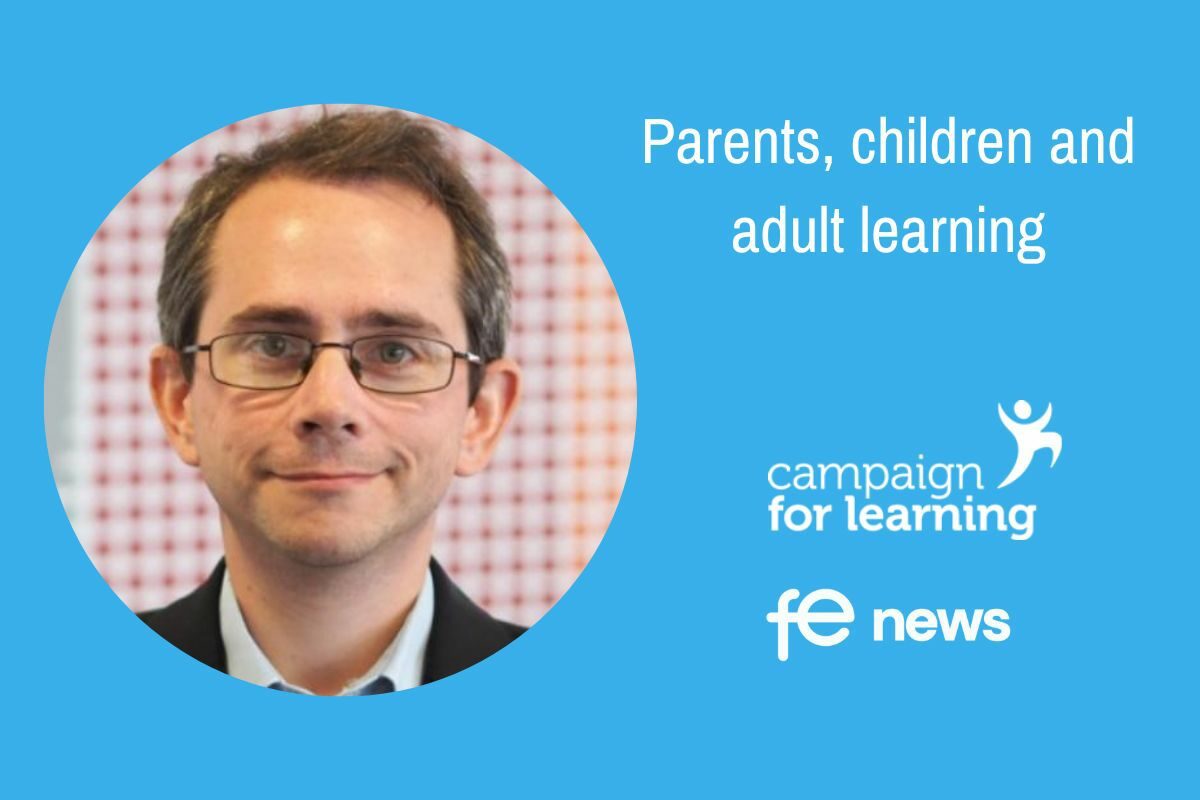
The recent Schools White Paper featured a ‘Parent Pledge’ which sounds promising but is sadly neither about parents nor a pledge. The somewhat vague idea is that schools will have to offer evidence-based catch-up support to pupils who fall behind in English or maths. Schools are already supposed to do this and there is no new enforcement mechanism. Nor is there any requirement to actually communicate with parents about their children’s progress.
Benefits of Parental Engagement
This is a shame as parental engagement has enormous potential to improve outcomes, particularly for pupils from more disadvantaged backgrounds. There is very strong evidence that support from parents, particularly around reading at an early age, and later around wider cultural experiences and engagement with school, has a big impact on attainment. It is arguably more significant than the differences between schools. And yet we have focused huge attention on the latter while largely ignoring the policy implications of the former.
From Labour to the Coalition
Under the last Labour Government there was some interest in this area. SureStart saw a huge amount invested in early parenting support, though with little evidence of long-term impact on education outcomes. At school level, the Children’s Plan of 2007 promised a raft of additional engagement opportunities for parents including regular information on learning, a staff contact, information sessions, and investment in family learning programmes. This last recommendation seemed particularly promising as it offered to help adults with their literacy and numeracy as well, with potential benefits for the labour market.
In reality, the fairly prescriptive policy model represented by the Children’s Plan was swept away by the Coalition. SureStart lost its funding and was reduced to a rump service. On schools policy autonomy for academy trusts became the dominant philosophy; with pretty much the entire intermediary structure between school trusts and the Secretary of State removed, whether in the form of local authorities or arms-length bodies. If the point wasn’t clear enough the Department of Children, Families and Schools became the Department for Education (DfE).
There were certainly advantages to this approach – it freed many excellent school leaders to innovate and focused attention on the core business of academic attainment. But in recent years it has become apparent that good ideas were discarded along with some of the excess bureaucracy that accumulated in the final years of the Labour administration. Parent engagement, family support and family learning was one of these.
Current Conservative Government Policy
That is not to say schools are doing nothing in this space. Primaries typically encourage reading with parents. Most schools do provide some regular communication about how children are doing, and some are making use of technology to provide more detailed information, allowing parents to support homework more effectively. But in general, it is not a priority. In a 2019 survey for the Education Endowment Foundation (EEF) fewer than half of schools (in a sample of 250) said they had an individual member of staff with overall responsibility for parental engagement, or had policies and procedures specifically aimed at engaging parents from socially disadvantaged backgrounds.
School closures during the pandemic could have been an opportunity to change this, as parents suddenly had to be much more closely involved. But again, with some exceptions, most schools seem to have just reverted to what they were doing before. This is despite a growing evidence base that school interventions, particularly around regular, bespoke, communication with parents can improve attainment. These need not be expensive. One study led by Bristol University found regular text messages improved results for a fraction of the cost of most interventions.
The EEF’s evidence on more intensive programmes, where parents attended courses with their children, is more mixed, with some indications it can improve performance, but also showing how difficult it is to get regular attendance, especially for those parents who would likely benefit the most. As for the impact on parents themselves, and their employment opportunities, we don’t really have any solid evidence from the UK at all, because there haven’t been any proper studies.
The “parent pledge”, even though it doesn’t amount to much, indicates that Government is slowly realising this gap in its policy agenda. Likewise, the re-emergence of SureStart in the form of Family Hubs (albeit with much lower levels of funding).
Further Reform is Possible
There is an opportunity here to draw together the strands into a proper strategy which could really help mitigate the learning loss seen during Covid-19. The question is whether they want to take it.
Recommendation 1
The DfE should turn the “parent pledge” into a proper parental engagement plan for schools focusing on communication with parents.
Recommendation 2
Family Hubs should be used to rebuild local authority capacity around parenting lost over the past decade, with better evaluation of good practice.
Recommendation 3
The new adult numeracy programme ‘Multiply’ should have a strand for family learning and this should be properly evaluated.
By Sam Freedman, Research Fellow, Institute for Government
Read Campaign for Learning‘s press release here.
Parents, Children and Adult Learning: Family Learning Policy in the 2020s
Read previous articles here:
- Driving-Up Parental Engagement in Educational Catch-Up, Sam Freedman, Research Fellow, Institute for Government
- Focusing on Parents to Improve Social Mobility, Lee Elliot-Major, Professor of Social Mobility, University of Exeter


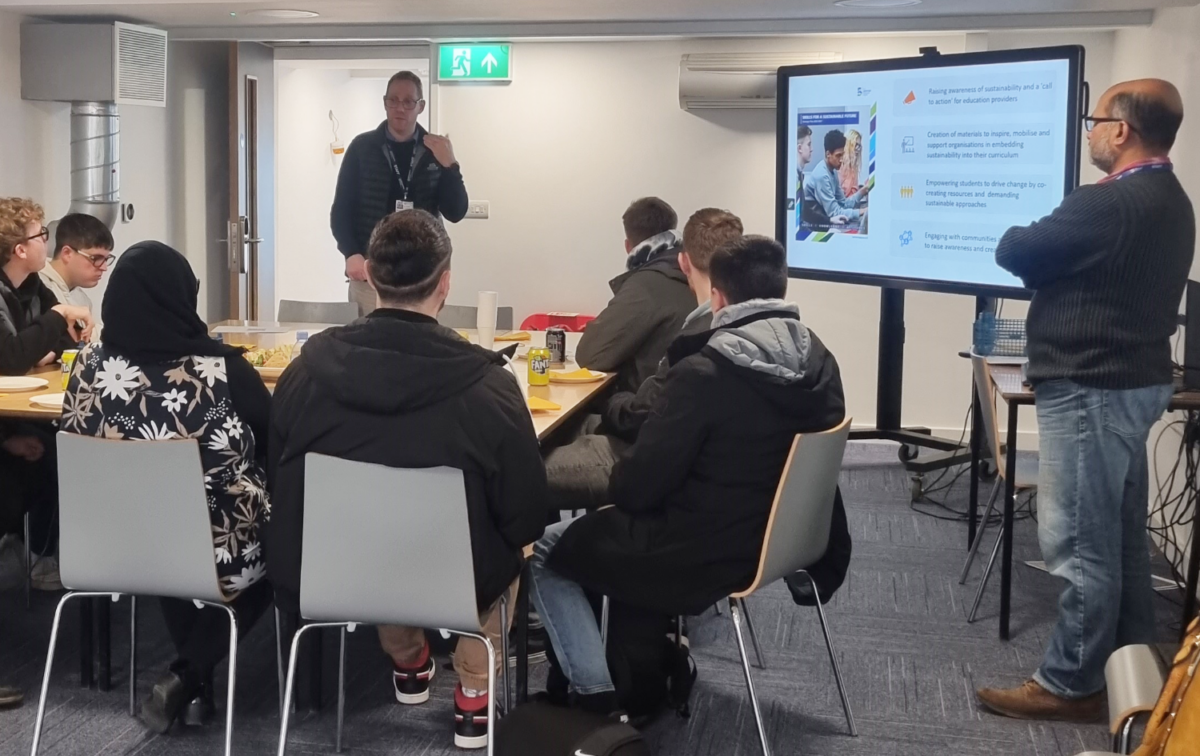
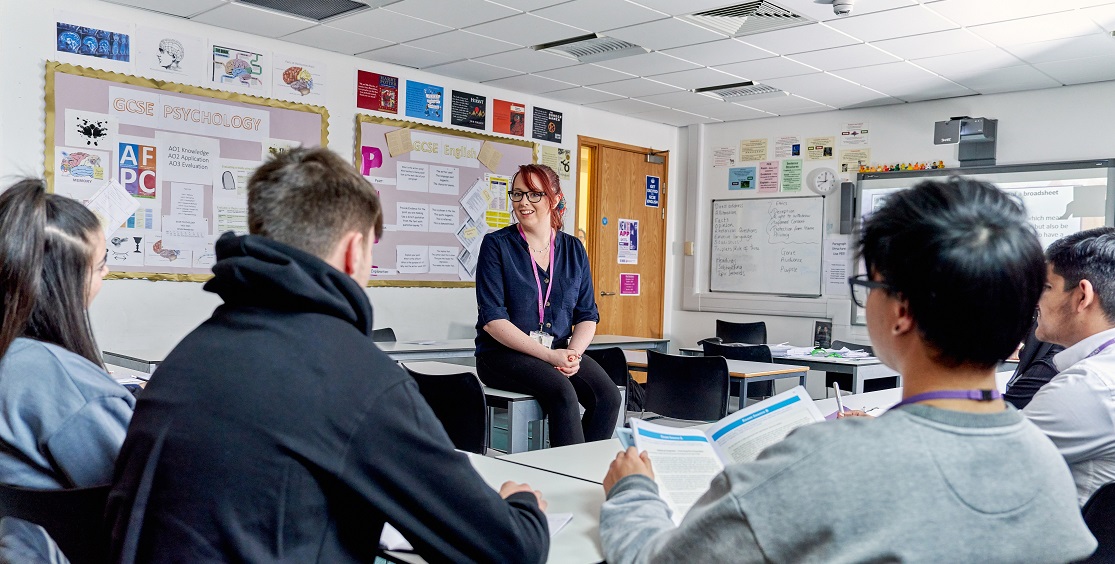

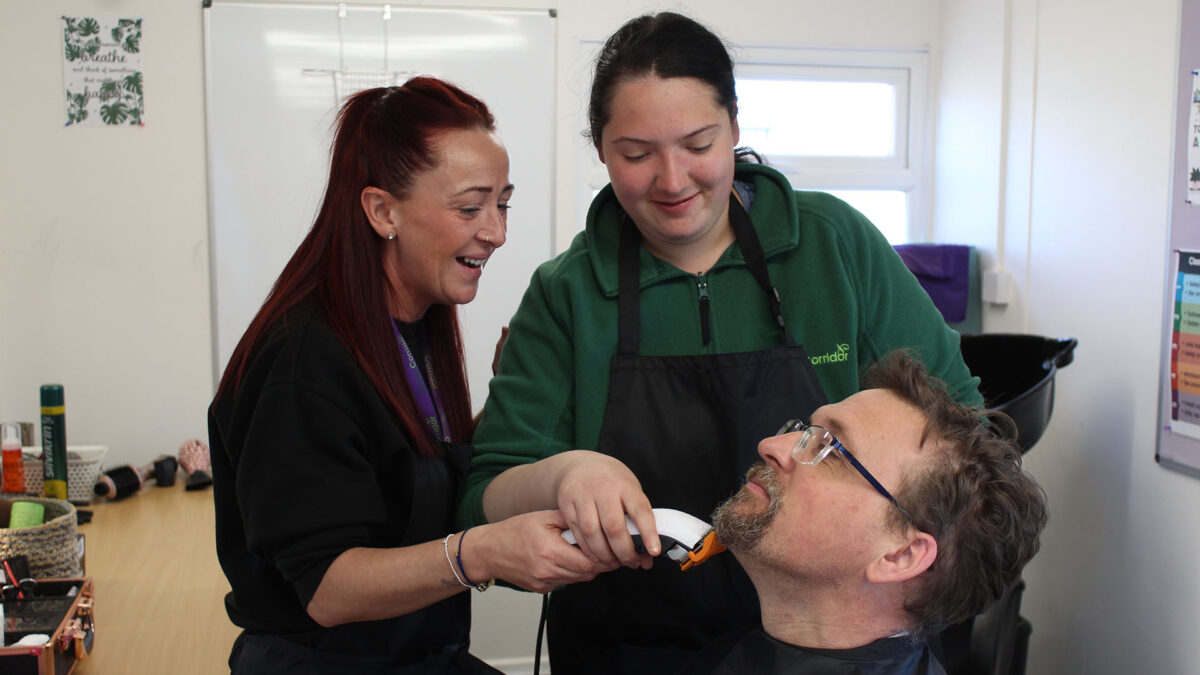



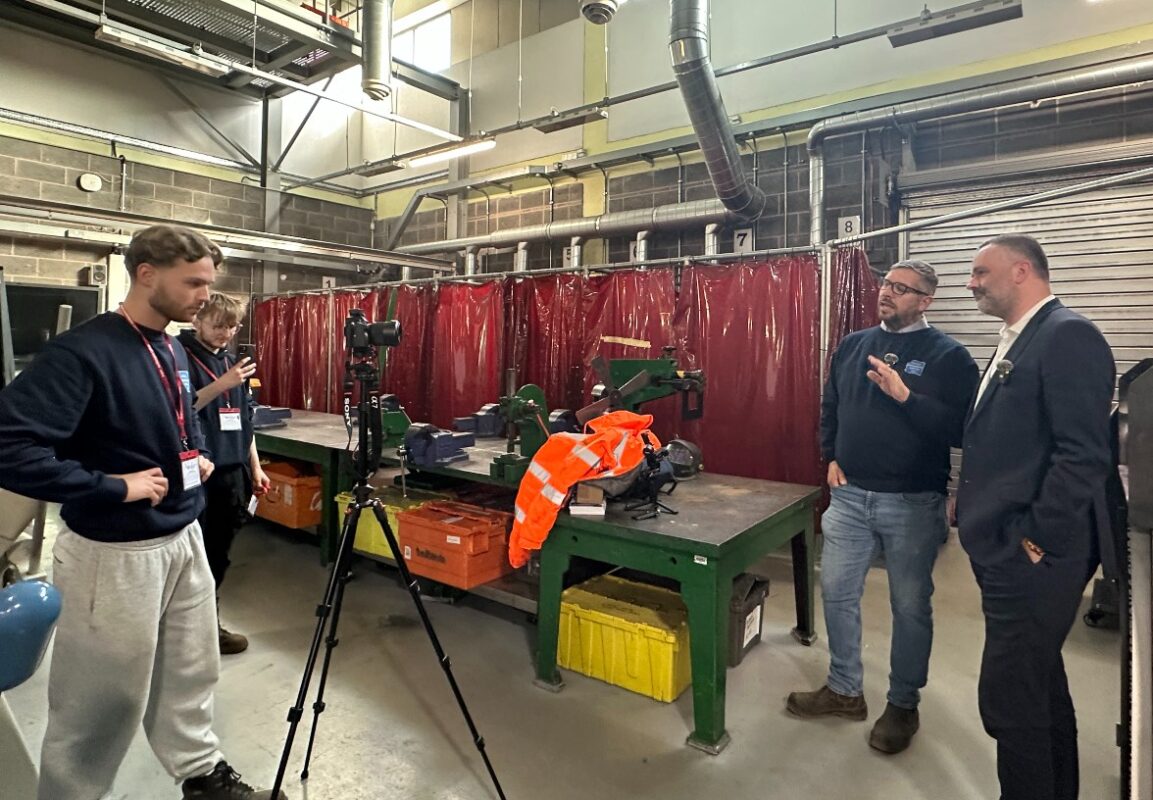

Responses